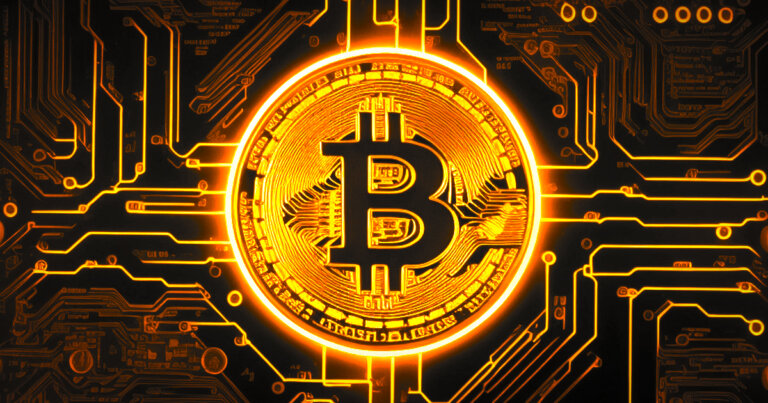 Space Force major urges Pentagon to hold Bitcoin, give it 2nd amendment protection
Space Force major urges Pentagon to hold Bitcoin, give it 2nd amendment protection Space Force major urges Pentagon to hold Bitcoin, give it 2nd amendment protection
Jason Lowery believes Bitcoin should be protected under the second amendment as it is essentially a weapon for self-defense.

Cover art/illustration via CryptoSlate. Image includes combined content which may include AI-generated content.
Space Force major Jason Lowery believes that the U.S. government should stockpile Bitcoin (BTC) and set up mining operations to compete for a share of control over the network.
He further states that BTC should be protected under the second amendment as it is essentially a weapon for self-defense.
Lowery’s proposal is part of his graduate thesis called “Softwar” — currently the best-selling technology book on Amazon. It was published on Feb. 18 and is quickly taking the crypto community by storm due to its ideas that Bitcoin has national significance.
Bitcoin is a weapon
In his thesis, Lowery argues that the Bitcoin network is analogous to maritime trade routes and that governments should ensure free navigation and trade on the network are protected. Lowery also argues that this is a military imperative and that the next generation of warfare will be cyber.
Furthermore, Lowery believes that Bitcoin could serve as a cybersecurity tool by integrating its validation system with other programs.
In this scenario, a program would be designed to only respond to external signals if they are recorded on transactions on the Bitcoin network — essentially putting an end to cyber-attacks like denial-of-service.
Lowery believes that the Bitcoin network is the best option
‘Softwar’
The main premise of Lowery’s thesis is that Bitcoin’s proof-of-work (PoW) consensus mechanism offers states a new-age method to compete for power and resources that does not involve bloodshed or physical force. He harkened back to the cold-war as an example, a time when countries competed with each other through sports and chess for prestige.
However, in the case of these PoW contests, countries would compete for network tokens — like Bitcoin — and the right to validate the ensuing blocks on the network. Lowery paints these PoW contests as a way for governments to control networks used to assign abstract property rights.
Under this scenario, the need for the state to protect and control the network becomes paramount, according to the thesis.
Lowery further proposes that governments should agree to use the Bitcoin network for this purpose.





















































